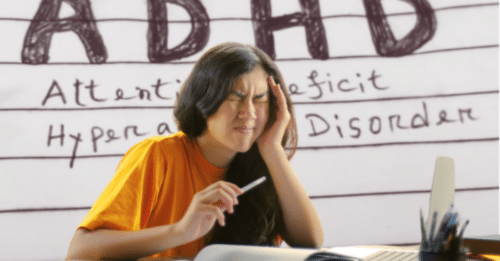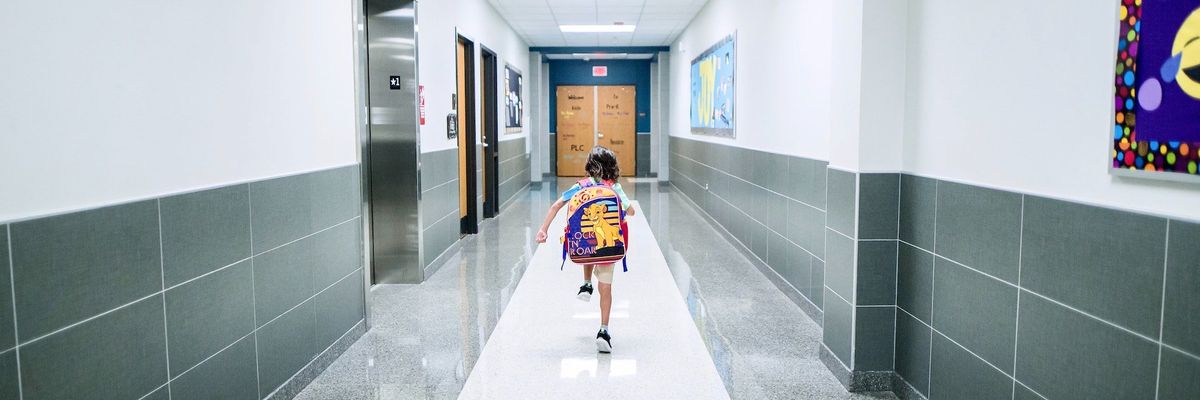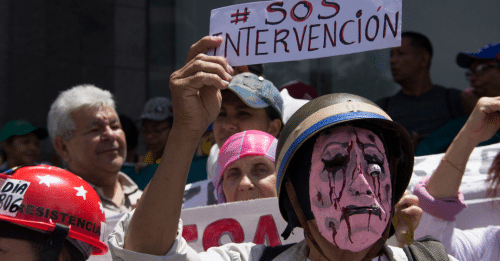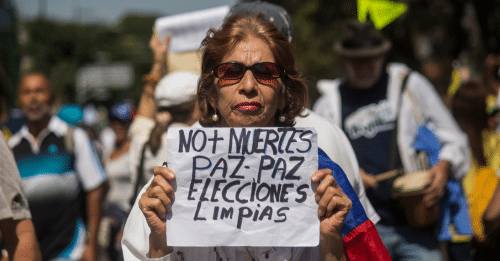How I Found Out My Childhood Struggles Were Actually Signs of ADHD
As a kid, did you ever feel like you were constantly falling behind in school, no matter how hard you tried? For many, what gets dismissed as “not trying hard enough” is actually a misunderstood struggle: ADHD

Throughout my life, my relationship with education was a complicated one, to say the least. It wasn’t that I was flunking, but I always felt like I was clinging on by my fingertips. It was demanding, stressful, and overall seemed much more daunting than it did for my peers. I’d see the straight-A students, the effortless academic overachievers, and just couldn’t comprehend how they made it look so easy.
Sitting at the back of the class, I was always the chatterbox. My weekly report cards routinely pointed out my constant talking and frequent distractions. These infractions were enough to earn me the “platica mucho en clase” stamp – labeling me a chatty parrot.
Similar behavioral issues seemed to follow me throughout elementary and middle school. How I navigated through it all, I can’t say for sure. I made it to the other side, but if you asked me to recount the knowledge I gained, I’d draw a blank.
Seeing my brother, a model student who aced every exam and bagged every scholarship, only added to my distress. Although I wasn’t failing, I wasn’t at the top of my class either, and the emotional turmoil of just trying to keep up was indescribable. I chalked it up to me simply not being as intelligent as others and just accepted generalized anxiety, a good ol’ daily cry, and stress-induced IBS as a part of life.
My parents, perhaps not knowing any better, just accepted my fate. To this day, if the topic ever pops up, they’ll say I always had “a different kind of intelligence.” Now, despite how backhanded that sounds, they were referring to the fact that I was always more artistically inclined than my brother. Which is okay, I guess; not everyone has the same skillset, right?
But how I wish someone had recognized my struggles for what they truly were: the tell-tale signs of undiagnosed ADHD.
Growing up as a millennial, ADHD wasn’t really a topic that came up in my school. The only thing we had to do was to shut up, sit still, and pay attention, or else risk failing the class. Funny thing, though, even when I did all those things, my mind was always on a field trip somewhere else. For a while, I’d sketch out what the teacher was saying. I’d create these intricate designs and images that helped stuff stick in my mind. But, sure enough, the teacher would snap at me to focus and quit doodling.
Eventually, I started doing this odd thing I only recently found out is called tickertaping. It’s this phenomenon where you visualize the words you hear, speak, or think like subtitles in your head. As a visual learner, this helped me memorize things that otherwise would just slip through the cracks—especially when I wasn’t allowed to doodle or write them down.
Overlooking an ADHD (Attention Deficit/Hyperactivity Disorder) diagnosis is just the beginning of a bigger struggle. Kids who show signs of ADHD, but aren’t diagnosed, often get slapped with the “rebellious” or “problematic” label, which only makes things harder for them. Not to mention, for girls, ADHD is severely underdiagnosed. Living with untreated ADHD affects much more than academic performance; it influences self-esteem, social functioning, career progression, and overall well-being.
In my case, even long after I entered the professional world, the lifelong struggle with academics manifested as bouts of depression, generalized anxiety, a list of stress-related health problems, and crippling imposter syndrome, all of which I have only recently begun to explore and to heal.
The coping strategies I came up with long before I was diagnosed—things like physical reminders everywhere, jam-packed calendars, never-ending task checklists, noisy alarms, very strict routines, and various organizing gizmos—were my personal life savers in and out of the workplace. Funny enough, they all turned out to be textbook strategies for managing ADHD.
However, when the COVID-19 pandemic disrupted my meticulously organized routine, it all came crashing down.
Suddenly, my day-to-day structure vanished into thin air. I was wrestling with keeping myself on track, staying focused, seeing tasks through to the end, and the missing reassurance of routine check-ins at work. My stomach was back in knots from stress, and the daily meltdowns, wondering why I couldn’t just get stuff done, came back with a vengeance.
After having somewhat learned how to manage my still-unnamed ADHD, this sudden shift made me feel like I was losing it all over again. When I started to seriously question what was wrong with me, I finally decided to seek help. That’s when my psychiatrist ultimately diagnosed me with ADHD, providing the long-awaited explanation for my struggles and how they manifested in my experience as a child.
Looking back at my childhood with the insights from my therapist got me thinking about the many children in our education system who were labeled ‘rebellious’, ‘lazy’, or simply ‘medio burros’ (not that bright). How many of us went undiagnosed, fighting an uphill battle against a rigid school system ill-suited for neurodivergent individuals?

ADHD stigma is a real thing, especially within the Latino community. Despite presenting symptoms at similar rates to white individuals, Latinos and other people of color are far less likely to be diagnosed with ADHD. And even when diagnosed, they aren’t as likely to receive treatment. The larger picture reveals significant inequities in healthcare, particularly mental health care, where racial disparities persist.
Undiagnosed ADHD can sometimes lead to risky behavior, drug use, mood disorders, and a host of other serious consequences. The lack of diagnosis and treatment can genuinely change the trajectory of a person’s life, particularly in communities that already face significant challenges.
You see, in our community, many still view mental health issues as taboo, and ADHD isn’t immune to this stigma. Whether it’s an abuela insisting that a child just needs more discipline or a parent attributing inattentiveness to laziness, these ingrained attitudes can mask the true struggle a child or even an adult is enduring.
What’s worse, the stereotype of the hyperactive, disruptive boy has been so deeply engraved in our collective understanding of ADHD that we often overlook it in those who don’t fit this mold, particularly in girls or adults. A kid lost in daydreams or an adult who’s perpetually disorganized isn’t seen as a possible ADHD case but rather someone who needs to “get their act together.” This mindset can delay diagnosis and prevent the necessary help from reaching those in need.
In sharing my journey, which I’m still on, my hope is to shed light on the often overlooked corners of ADHD, especially within the Latino community. Remember, being a little more “rambunctious” or struggling in the conventional school system doesn’t make anyone less bright or less capable. It’s simply a different way of experiencing and interacting with the world.
ADHD is real, and it’s not just a kids’ thing or a TikTok trend. It’s about time we normalize these conversations and start acknowledging the hidden struggles many of us face. After all, understanding is the first step to acceptance and, ultimately, to a happier, healthier life.
So, if you see yourself or someone you know in my story, don’t hesitate to seek help. There’s a whole world of support out there waiting for you—and it’s never too late.




